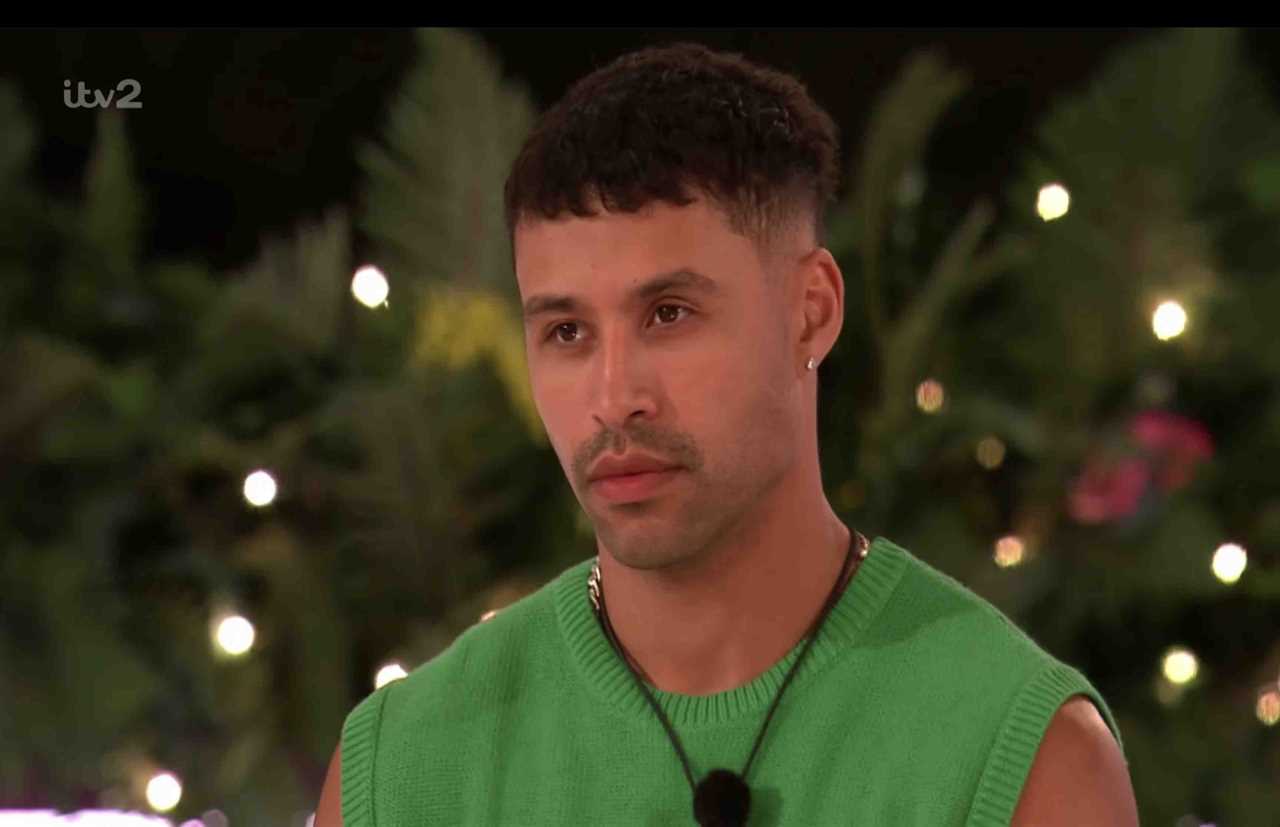
As Love Island unfolds its latest season, audiences are drawn into a narrative that extends beyond mere entertainment. Recent episodes have sparked discomfort among viewers, highlighting underlying tensions and intricate social dynamics.
Unveiling Complex Relationships Through Reality TV
The Love Island saga took an intriguing turn with Maya Jama's introduction of an American bombshell, Toni, who wielded the power to disrupt established connections. This twist plunged participants into a whirlwind of emotions and strategic decisions, illuminating the fragility of fledgling relationships. Yet beneath the surface drama lies a reflection of broader societal norms and pressures that shape our interactions.
Power Play and Vulnerabilities in Reality Romance
Shakira, a pivotal figure in this unfolding drama, found herself navigating a web of emotions and expectations. Her quest to secure a new connection exposed the intricacies of power dynamics and vulnerabilities inherent in the quest for companionship. As tensions rose and flirtations unfolded, the audience was given a glimpse into the complexities of modern dating rituals and the quest for genuine connections amidst artificial settings.
Intersecting Realities: Love, Identity, and Performance
Love Island's microcosm reflects larger societal constructs around love, identity, and performance. The unfolding narratives, while seemingly confined to a reality TV show, resonate with broader themes of agency, desire, and the perpetual quest for authenticity. Shakira's interactions with fellow contestants serve as a mirror to societal expectations and individual desires, offering a nuanced reflection of contemporary relationship dynamics.

Challenging Norms and Embracing Change
As viewers witness the drama and dilemmas faced by Love Island contestants, a deeper question emerges: To what extent are we all participants in a grand performance of love and desire? The discomfort and second-hand embarrassment experienced by the audience point to a shared recognition of the vulnerability and complexity inherent in human connections. Perhaps, in critiquing the actions of reality TV stars, we are also prompted to reflect on our own roles in shaping narratives of love and intimacy.
Love Island's unfolding drama serves as a lens through which we can analyse not only the behaviours of its participants but also the societal structures that influence and shape their interactions. Amidst the flirtations and challenges, a deeper narrative emerges—one that invites us to contemplate our own roles in the intricate dance of relationships and identity.






